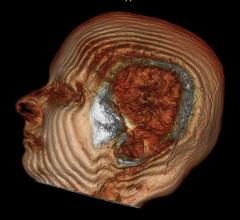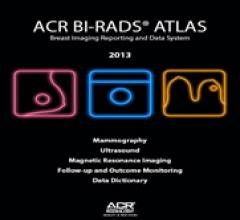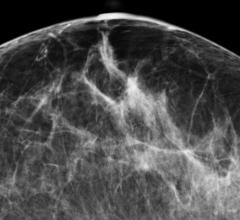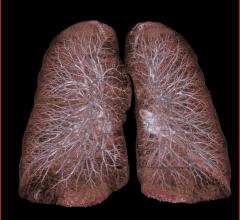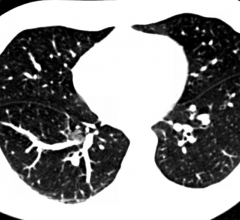If you enjoy this content, please share it with a colleague
RELATED CONTENT
The American College of Radiology applauded steps to reign in medical imaging and radiation oncology self-referral included in President Obama’s Fiscal Year 2015 budget. However, prior authorization for imaging services, also included the FY 2015 budget, is unnecessary and will ultimately raise costs, interfere in the doctor-patient relationship and restrict ready access to imaging care.
The American College of Radiology (ACR) strongly supports the bicameral, bipartisan legislation to replace the sustainable growth rate (SGR) payment formula. The organization particularly applauds inclusion of several ACR backed provisions that raise quality of care, make care more efficient and increase transparency in physician payment policy.
Breast imagers worldwide now have access to the fifth edition of the American College of Radiology (ACR) Breast Imaging Reporting and Data System (BI-RADS) Atlas. This edition is designed to improve patient care by serving as a comprehensive guide providing standardized breast imaging terminology, report organization, assessment structure and a classification system for mammography, ultrasound and magnetic resonance imaging (MRI) of the breast.
According to the American College of Radiology and Society of Breast Imaging, the recent article (O’Donoghue et al) regarding costs of national breast cancer screening published in the Annals of Internal Medicine (AIM) is misleading and provides an incomplete picture of costs and benefits of breast cancer screening programs.
The American College of Radiology (ACR) has named William T. Thorwarth, Jr., M.D., FACR, its chief executive officer (CEO), effective April 2014.
The American College of Radiology (ACR) supports the United States Preventive Services Task Force (USPSTF) recommendation (Grade B) for low-dose computed tomography (CT) lung cancer screening of adults 55 to 80 years old who have a 30 pack-year smoking history and currently smoke or have quit within the past 15 years.
The American College of Radiology (ACR) strongly supports the Excellence in Diagnostic Imaging Utilization Act of 2013 (H.R. 3705), which would require ordering physicians to consult physician-developed appropriateness criteria when ordering advanced diagnostic imaging studies for Medicare patients. This ACR backed bipartisan bill is separate from, and in addition to, a similar appropriateness criteria policy included in the SGR Repeal and Medicare Beneficiary Access Act of 2013, currently under debate in the House and Senate. Congress will likely consider these bills in early 2014.
The American College of Radiology (ACR) commends the House Committee on Ways and Means and the United States Senate Committee on Finance for passing bicameral, bipartisan legislation to replace the flawed sustainable growth rate (SGR) physician payment formula.
Previous evidence, including published National Lung Cancer Screening Trial (NLST) results, shows that computed tomography (CT) lung cancer screening significantly reduces lung cancer deaths in high risk patients*, and is appropriate, with careful patient selection and follow-up. This benefit significantly outweighs the comparatively modest rate of overdiagnosis noted in an article published online Dec. 9 in JAMA Internal Medicine. The American College of Radiology (ACR) will continue guideline and appropriateness criteria creation to support CT lung cancer screening programs across the country.

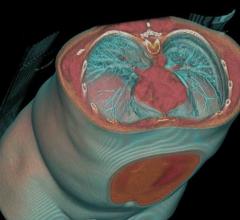
 March 06, 2014
March 06, 2014 

